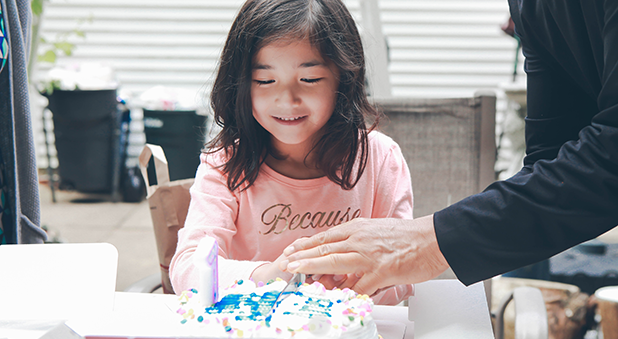With many children and youth unable to live at home and in desperate need of love and a family, one very significant way Christians can help is by becoming foster carers.
The ministry of foster care – looking after someone else’s child in your home without being their legal guardian – can be difficult and messy, but it is an incredible way to share the love of Christ and protect some of society’s most vulnerable people. Foster kids are often confused, scared or angry. And with a legal system that is tricky to navigate, having access to loving, supportive and stable foster care families is vital.
Providing healing and repair
“It’s to provide a safe, stable care environment,” says Mrs Sue Madden, Anglicare’s manager and principal officer for foster care and adoptions. “We want for the child to no longer be exposed to the damaging, neglectful, or abusive conditions but for them to experience compassionate care with people who are empathetic. We want that care environment to be somewhere where there can be healing and repair for them.”
As of June 30, 2015, there were 43,400 Australian children and young people unable to live with their families. This is often due to abuse and neglect. And while there is stigma surrounding foster care, Madden says it’s important to remember the kids are victims who did not choose their circumstances.
“These children have usually suffered some form of maltreatment or neglect,” she says. “There’s a lot of bewilderment and confusion for some of these kids. A lot of emotional nurture and care is needed. They have no control over what’s going to happen to them.”
More carers needed
With so many children displaced, Madden and the team at Anglicare always need more people to help. “We struggle to find carers for children with siblings, with additional needs [physical, medical, behavioural] and for older children, including teenagers.” She believes there are a number of reasons why it is so hard to find carers, in particular the changing demographics and social trends. “There are fewer people with time and space available,” she says.
“And with the negative image presented by the media about the foster care system, people don’t get exposure to the fantastic kids and... wonderful stories and outcomes we celebrate here.
"There’s a general community perception that fostering is very hard and problematic and the needs of the children are too great. But these things can be overcome with support and training.”
Options for fostering
Anglicare has four main fostering options: long-term, short-term, immediate/crisis care and respite care. Across all these programs Madden is constantly encouraged by the way carers walk the extra mile with the children. “There is sacrifice involved but this shouldn’t be strange for Christians,” she says.
“These carers don’t want attention – they do it because of the value that every child has in God’s eyes. Carers have a lasting impact on these kids because they demonstrate on a daily basis that they are lovable and loved.”
I spoke with foster carers who are authorised through NSW FACS, Anglicare and other agencies. Here are some of their stories.
TESTIMONY: PERMANENT FOSTER CARE
TESTIMONY: FOSTER CARE WHEN YOU KNOW YOU WILL HAVE TO SAY GOODBYE


























